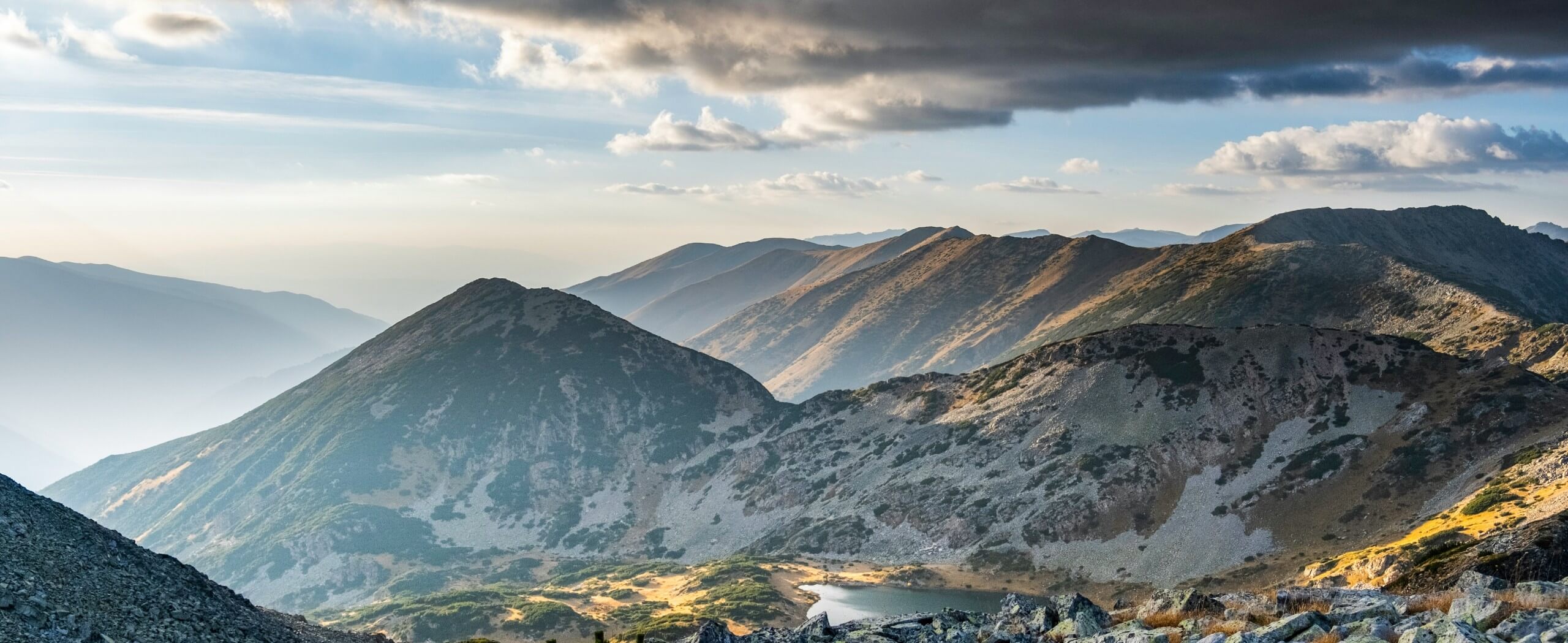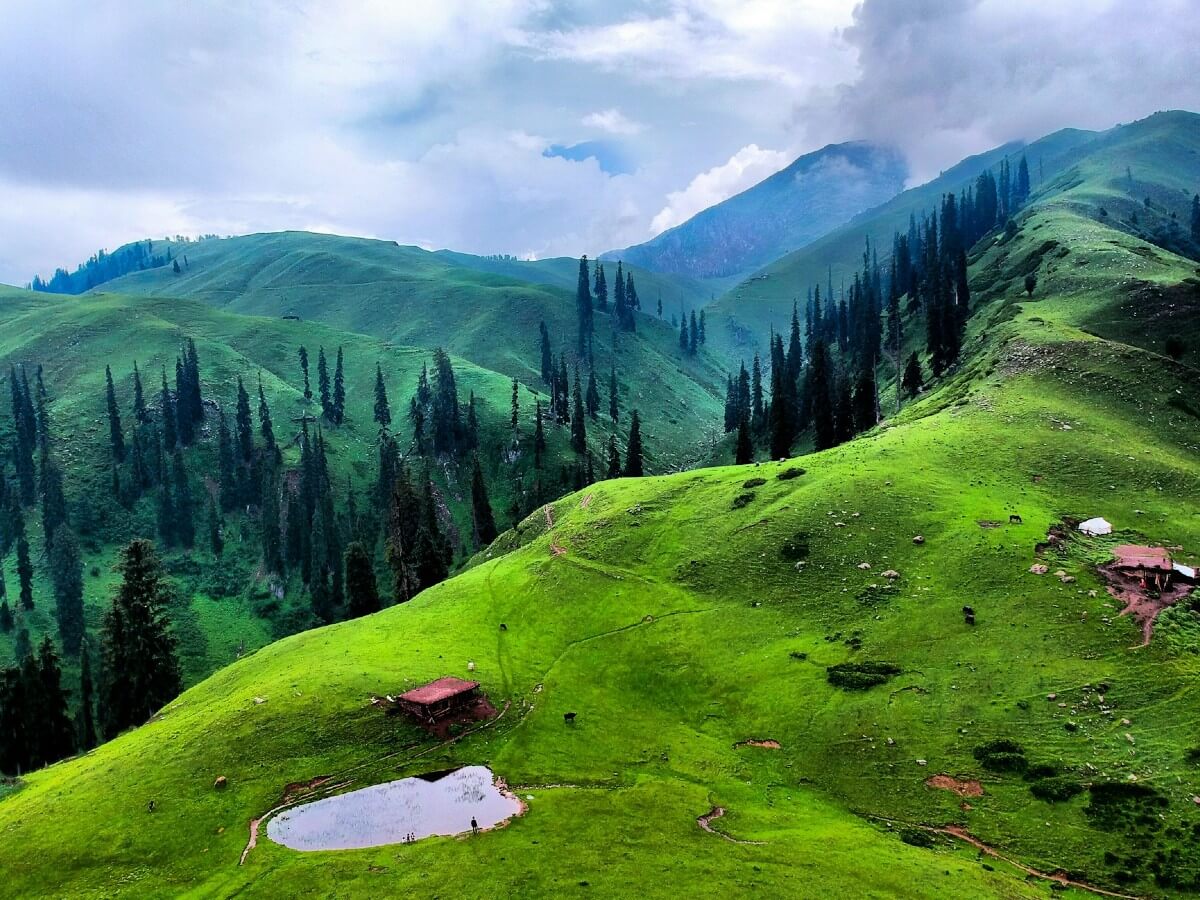Uncover the sweet spot, the blissful jackpot of travelling during the shoulder seasons, when temperatures are more comfortable in the northern hemisphere, and families disperse back to school. We strongly advise taking advantage of travelling during this time of year for many reasons. Discover more about the shoulder season, the benefits, and where to go below!
What is a shoulder season?
When do you believe is the best time to travel? Most of you probably thought, “summer.” Think of summer as the head, the peak, the pinnacle of vacation season, while late March, April and May, and September, October, and early November shoulder June, July, and August. The shoulders act as the perfect bridge between winter and summer (does this make winter the legs and feet of travelling?).

The benefits of travelling during the shoulder seasons
So why should you travel during the shoulder season? Find the benefits below.
1. Fewer crowds
Have you ever been to places like Rome or Paris in the summer? A shoe touches upon almost every inch of cobblestone or historical area. It’s jam-packed with explorers! However, when the sun’s heat fades, so do the crowds. While popular places like Rome and Paris attract people year-round, you’ll find it easier to navigate these cities and others like it during the shoulder season. When planning a trip to a popular area, think: “is this a token summer bucket list spot? Okay, then maybe I’ll head there in the spring or autumn when it’s less busy.” Although, this lane of thinking may not work for specific adventure locations, where you can only do that activity at a certain point of the year—peak season or not.
2. Easier to book accommodation last minute
In the summer (or skiing winter destinations), booking your accommodation in advance is essential, especially if you want to bag good deals. However, the shoulder season offers more freedom to find cheap but excellent accommodation last minute since fewer people are migrating to that area. Plus, popular tourist destinations tend to drop accommodation prices after the peak season, which brings us to our next point.

3. Cheaper prices
It’s common for accommodations, restaurants, tour companies, and attractions to drop prices during the shoulder seasons. The summer sees the highest prices for most places (depending on their peak tourist season), while the winter, in several areas, can resemble a ghost town.
For example, I visited Pula, Croatia, during my winter holiday, and almost everything was closed. However, they had a few restaurants lining the coastline that definitely would’ve been bumping in the summer. On the other hand, Vienna was still very open (from what we gathered) and busy at the start of January. I can’t imagine what it would be like in summer—a human zoo, perhaps.
4. Easier-to-handle weather
You know that feeling when the weather is so hot you can feel the pavement temperature through the soles of your shoes? Well, the shoulder seasons offer more mild conditions. Let’s use Europe as an example since it’s a popular summer travel destination.
The temperatures can climb to unbearable in some cities during July and August. Still, September, October, May, and early June often offer temperate conditions, where you won’t soak through all of your outfits three days into your vacation.
5. Discover more local events
The peak season attracts tourists, but during the calmer months, you may encounter more local events and cultures and get to know the people who live in these destinations. Many popular destinations attract people during peak season with concerts or events that appeal to a worldwide crowd. In contrast, the shoulder season allows places to draw in more locals.

Is it best to travel in autumn or spring?
Both seasons hold benefits, so when you go might boil down to personal taste.
Spring has the lingering wetness of winter in some areas, but beautiful, sweeping greenery, punctuated by a rainbow of flowers. And autumn holds onto summer air while the leaves paint the world a stunning spectrum of auburn and ruby.

Where to travel in the shoulder season?
To maximize the benefits of the shoulder season and if you’re into exploring cities, we highly recommend looking into places to bring in the crowds in peak season, such as Paris, Rome, or any popular landlocked destination.
What about coastal European destinations?
Visiting a coastal phenomenon like the Dalmatian coast in Croatia might be beneficial in the shoulder season. Still, there’s something magical about exploring these areas in the summer months. We advise booking a campsite or staying outside popular cities like Split or Dubrovnik, and just spending a day exploring them if you plan to go in summer. However, visiting these spots in September or June will also serve its benefits. This goes for any European country along the coast!
Where is best to go in spring?
Other than taking advantage of more well-known spots, we recommend checking out some of these places in spring:
- Western Ghats, India
- Kruger National Park, South Africa
- Tel Aviv, Israel
- The Himalayas, Bhutan & Nepal
- Machu Picchu, Peru (also great in autumn!)
- Antigua, Guatemala
- Vancouver Island, Canada
Find other amazing places to visit in spring:
Best Places to Travel in March
Best Places to Travel in April
Best Places to Travel in May

Where is best to go in autumn?
The following are worth adding to your must-visit-in-autumn-list:
- Zion National Park, USA
- Cyprus (also a great late spring destination)
- Istanbul, Turkey
- Maldives (in late autumn, winter, or early spring)
- Hanoi, Vietnam
Where do you want to travel during the shoulder season?



Comments